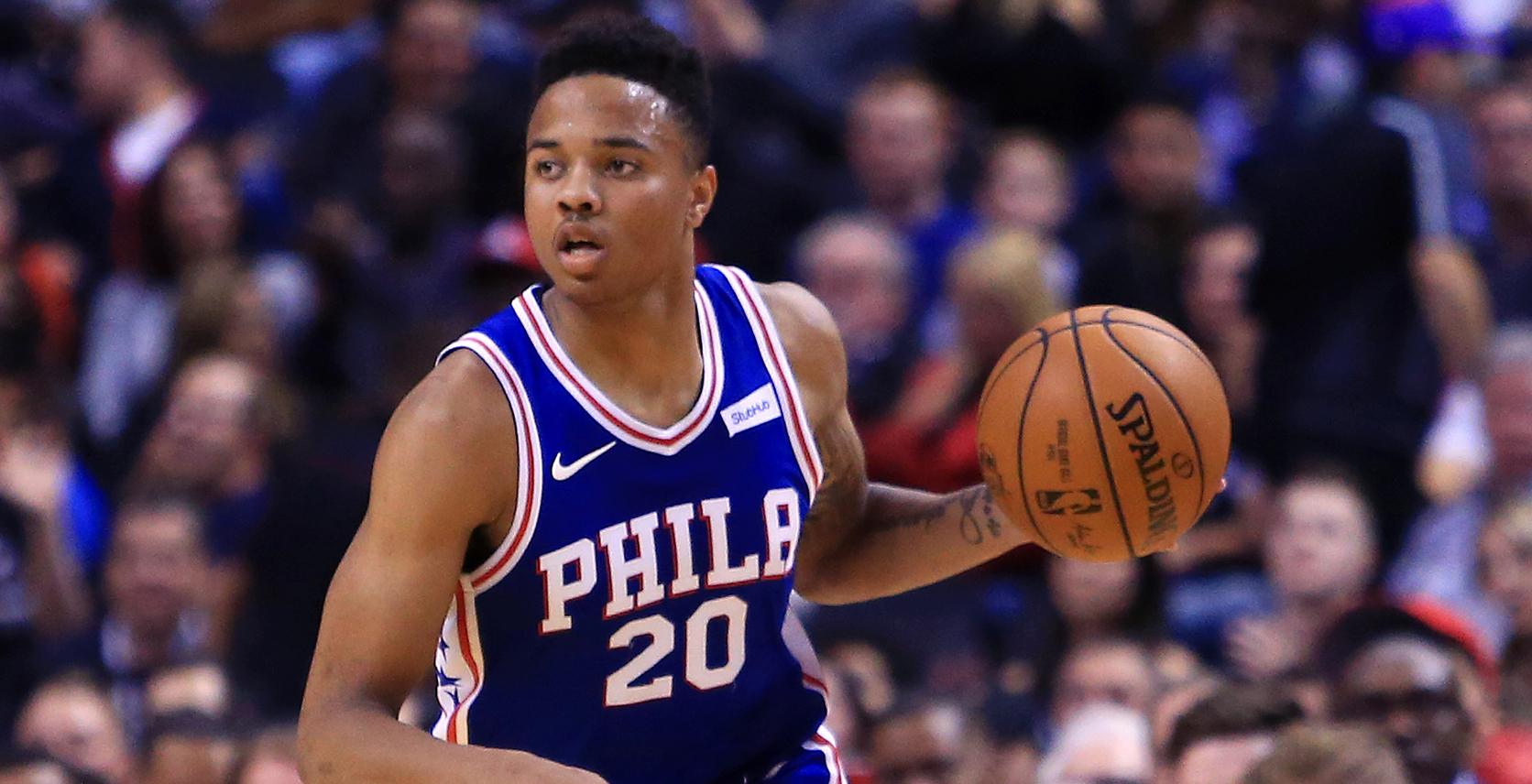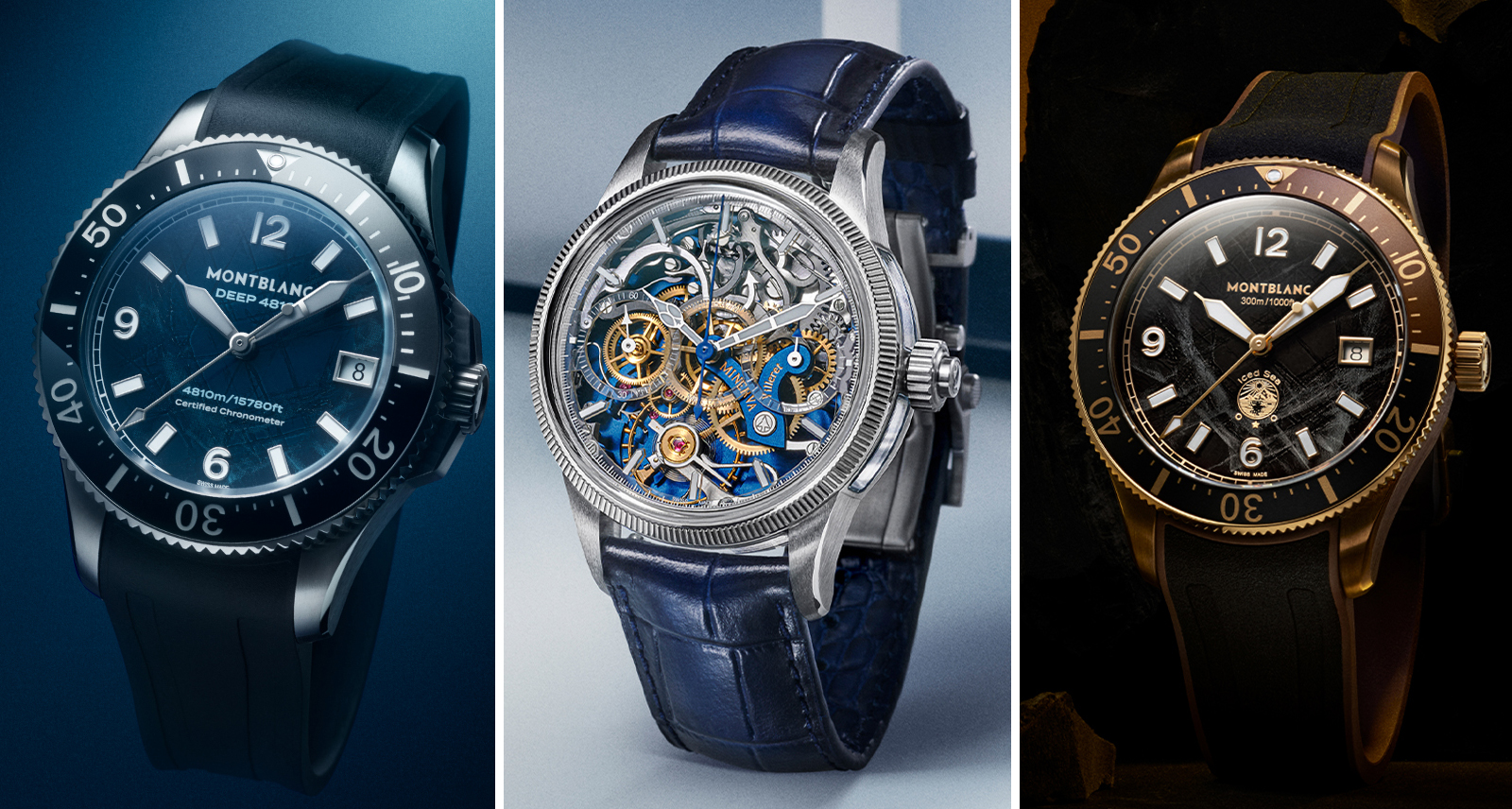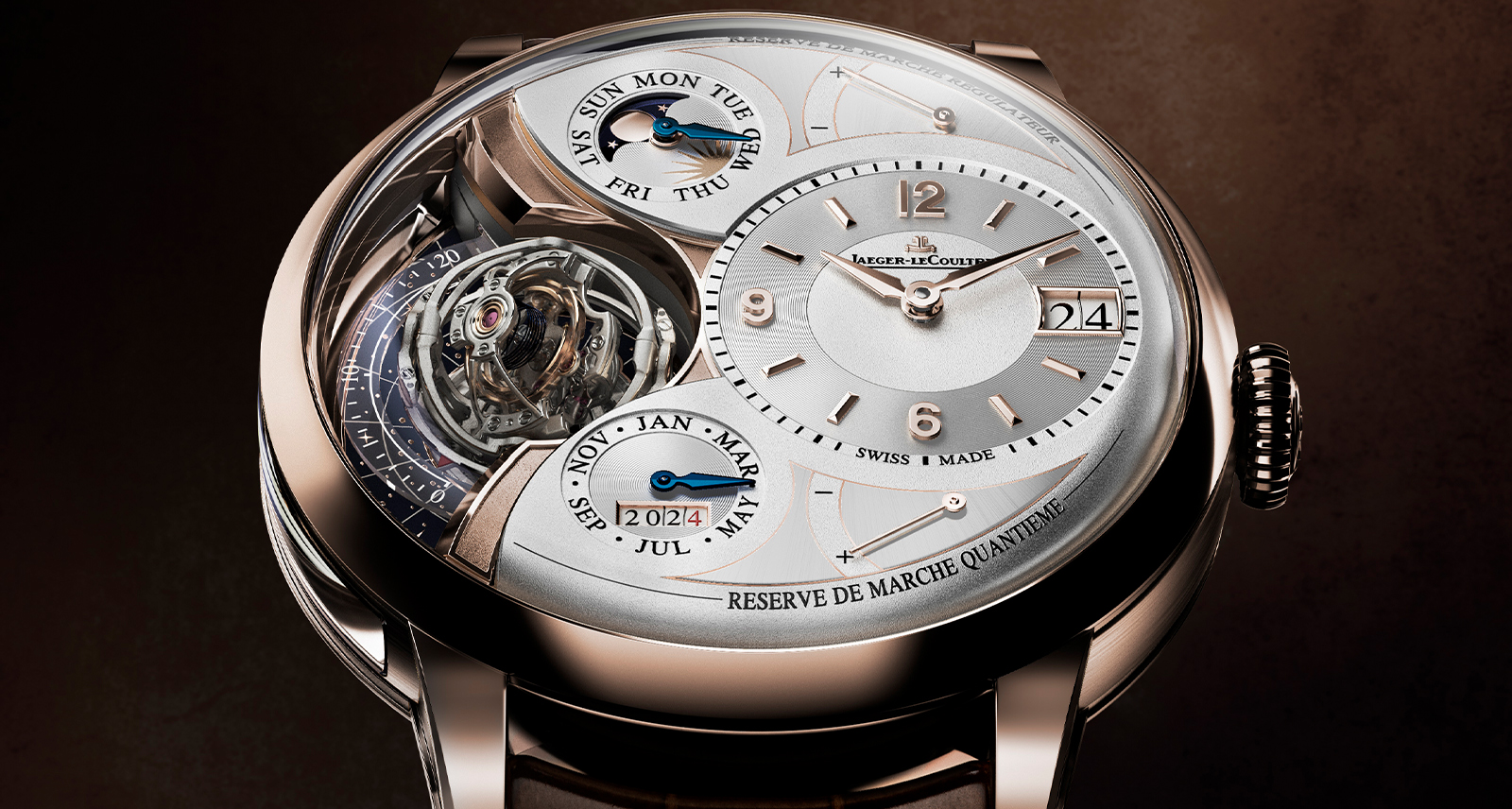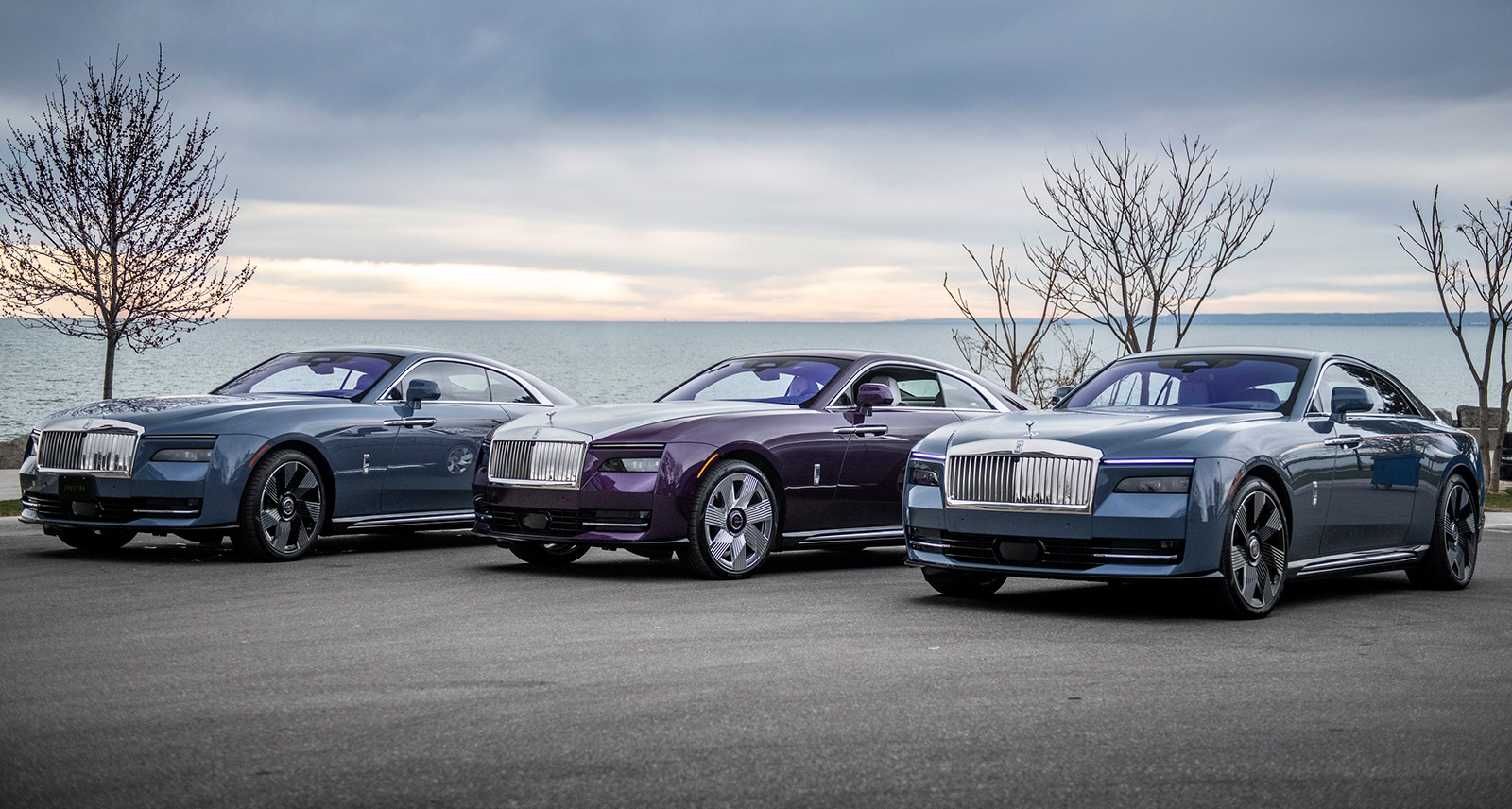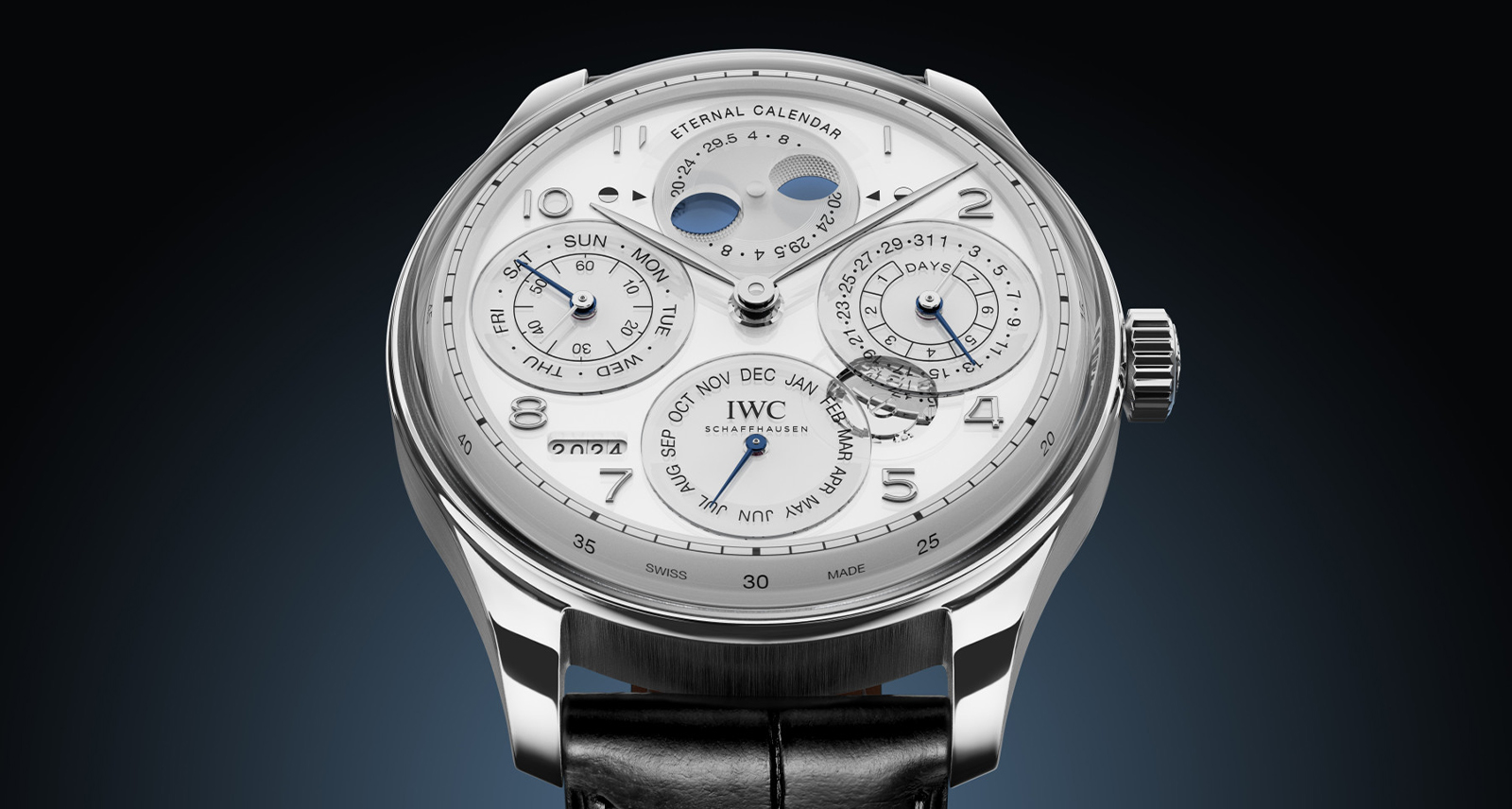How NBA Twitter Gave Me a Necessary Respite from the Real World
A few weeks ago, on a dreary Monday afternoon in late March, the corner of the Internet reserved for NBA obsessives began buzzing. Markelle Fultz was back.
The Philadelphia 76ers rookie and number one draft pick had been MIA for 68 games, disappearing under circumstances only slightly less mysterious than those surrounding the Malaysia Airlines plane. He was suffering from something called a “scrapular imbalance,” which seemed suspiciously like a term invented on the spot by a harried doctor. During his rehabilitation, grainy cellphone footage emerged of the 19-year-old languidly shot-putting the ball toward the net, a faraway look in his eyes, as if the sum total of his experience with the sport had come from reading a wikiHow post called “How to Become a Good Basketball Shooter.”
Now, after months of mystery, Fultz was back. That evening, from my couch in Toronto, I followed his return, watching his first layup, his first spin move, his first assist. On Twitter, my feed became overrun with Fultz reactions. Video of a blocked shot was cut into a scene from The Fresh Prince. Serious basketball analysts discussed his possible impact on the playoff race. 76ers fans posted jubilant gifs.
Tiny moment in last night's game, but this play reminded me of just how long Fultz is and his go-go Gadget qualities (this reference is probably too dated). pic.twitter.com/tq6l1oDR7i
— Brian Seltzer (@brianseltzer) March 29, 2018
Markelle Fultz had 10 PTS & 8 ASTS in 14 MINS.
How do you like them apples! pic.twitter.com/vAxeOaVSud— David Astramskas (@redapples) March 27, 2018
Let me be clear: it’s almost impossible to state how inconsequential this game was to my life. The 76ers are not my favourite team, or even my 10th-favourite team. Nobody I know in real life knows Fultz’s name, let alone cares that his scrapular had found its balance. It was a Monday in the dreary final stretch of a long NBA season, when even dedicated fans stop paying attention; my news-push alerts were telling me the world was crumbling from 10 different directions; I had a full season of some British crime procedural waiting on Netflix. But there I was, following a meaningless Philadelphia 76ers game on my laptop, addicted to the NBA.
•••
A few months ago, the New York Times published a story about a man who had blocked out the news. The 53-year-old moved to a farm in rural Ohio and simply refused to learn about the Trump era, creating his own island of ignorance. He stopped reading newspapers, insisted his friends avoid current events when they visited, and went to the café wearing noise-cancelling headphones to eliminate stray chit-chat.
I can relate to this man. Only, instead of hiding in rural Ohio, I’ve ensconced myself in a mountain of basketball content so mammoth it blocks out the world. Over the last year, in a process so gradual I hardly noticed it, I removed Trump conspiracy theorists and Canadian media contrarians from my Twitter stream and replaced them with people who made jokes about basketball. Politics podcasts sat untouched on my phone while I spent hours listening to analysts gush over Giannis Antetokounmpo and mock Carmelo Anthony.
This growing basketball obsession is different than the way I love the Blue Jays or the Buffalo Bills, teams I root for out of loyalty and a shared history. I cheer for the Raptors, of course. But I’ve become one of the growing number of people who are, first, fans of the league.
This kind of fandom is a largely modern phenomenon and, according to old-school sports guys, a totally abhorrent way to consume sports. Fandom has always been about locality. You were born a Tottenham Hotspur supporter and you died a Tottenham Hotspur supporter, an accident of geography you carried to your grave. Even if, for some perverse reason, you grew up in Tulsa and decided you were a Boston Red Sox fan, you were limited by the media available to you — the games broadcast on your local television network or covered in your local newspaper.
“The best social media moments require an event everyone is watching that is both fascinating and meaningless. The NBA produces that content nightly.”
In 2002, sports columnist Bill Simmons wrote a column called “Rules for Being a True Fan” that is as close to a definitive doctrine of fandom as you can find. “If you live in a city that has fielded a professional team since your formative years, you have to root for that team,” wrote Simmons. “None of this, ‘The Bengals weren’t very good when I was growing up in Cincy, so I became a Cowboys fan’ crap.”
In 2018, however, the casual basketball fan has access to every game from across the association. The Internet has decoupled fandom from geography in a way we’re only just beginning to understand. A recent study of American sports fans by USC Annenberg’s Center for the Digital Future found that 64 per cent of fans don’t live in the same city as their favourite team and 73 per cent don’t live in the same city as their favourite athlete.
More than any other sport, basketball has consciously sought to break past geographic barriers, presenting itself as a “global game.” While baseball and football jealously guard their content, making it impossible to share video, the NBA leaves its footage as fodder for a million meme-creators and highlight junkies. Unlike football players — anonymous behind masks and constricted by the league’s conservative rules — NBA stars are individuals, outspoken celebrities who jump into political debates and onto Twitter without a second thought. They’re superstars who transcend whatever city they happen to play in. (How many Cleveland Cavalier games will anyone watch next year if LeBron James decides to leave?)
And at a time when our relationship with social media has grown sour, basketball Internet culture has somehow managed to create a welcome oasis. Absent the grasping self-promotion or call-out culture of so much of the web, NBA Twitter is a loose collection of fans, players, stats-obsessed analysts, comedians, and gif-makers who congregate every night to amiably watch basketball. The best social media moments — the collective explosions of jokes and shock that start when an Academy Award ceremony goes wrong or a pair of llamas go on the run — require an event everyone is watching that is both totally fascinating and, ultimately, completely meaningless. The NBA produces that kind of content nightly.
James Harden:
✅ Step back
✅ Stare down
✅ Swish pic.twitter.com/AIT3gUlkoS— Sportsbet.com.au (@sportsbetcomau) March 1, 2018
This year, I’ve watched as the Raptors have put together the greatest season in team history. I’ve grown to love backup point guard Fred VanVleet, my small but sturdy adult son. But I’ve also spent late nights watching the Utah Jazz play stifling defence on a strange west coast Internet feed. I’ve scrolled through pages of analysis of Ben Simmons’ shooting motion. I’ve watched countless versions of that video of James Harden crossing up a hapless opponent, glaring with disdain as the defender lies on the floor for what feels like a good 20 minutes before draining a three-pointer. The world is afire, and social media is poisonous. Basketball feels like the last pure, dumb corner of popular culture.
It’s telling that, despite all his efforts to block out the outside world, the man in Ohio allows himself a single indulgence. He doesn’t let his baristas talk politics. He only reads the weather and the real estate listings in his newspaper. He does, however, watch every single Cleveland Cavaliers game, volume turned off.
